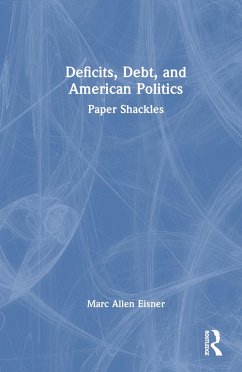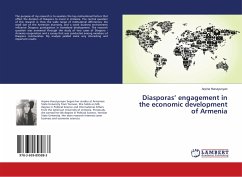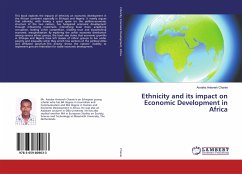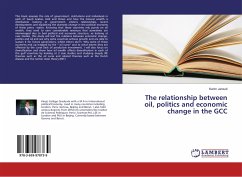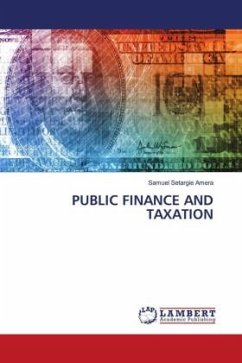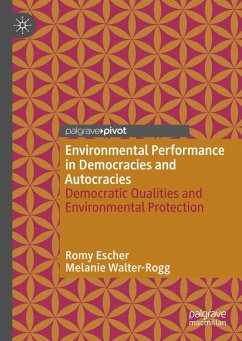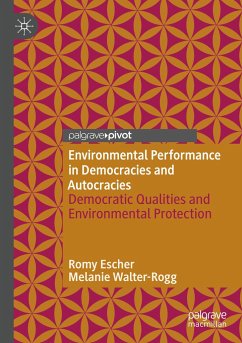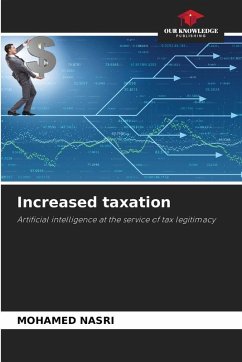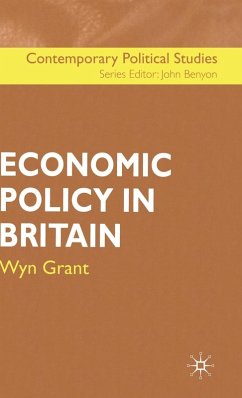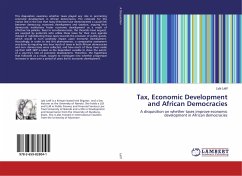
Tax, Economic Development and African Democracies
A disquisition on whether taxes improve economic development in African democracies
Versandkostenfrei!
Versandfertig in 6-10 Tagen
33,99 €
inkl. MwSt.

PAYBACK Punkte
17 °P sammeln!
This disquisition examines whether taxes played any role in promoting economic development in African democracies. The rationale for this notion lied in the fact that many theorists have demonstrated a causal link between democracy, economic development and taxation, arguing that democratic institutions foster economic development as a result of effective tax policies. Taxes in non-democracies, the theorists have argued, are usurped by autocrats who utilize these taxes for their own agenda instead of redistributing these taxes towards the provision of public goods, which would in turn positive...
This disquisition examines whether taxes played any role in promoting economic development in African democracies. The rationale for this notion lied in the fact that many theorists have demonstrated a causal link between democracy, economic development and taxation, arguing that democratic institutions foster economic development as a result of effective tax policies. Taxes in non-democracies, the theorists have argued, are usurped by autocrats who utilize these taxes for their own agenda instead of redistributing these taxes towards the provision of public goods, which would in turn positively impact upon economic development. Accordingly, in order to test this phenomenon, a comparative assessment was done by inquiring into how much of taxes in both African democracies and non- democracies were collected, and how much of these taxes made up their GDP. GDP is taken as the dependent variable to show the extent of a country's rate of economic development. Therefore, the hypothesisthat followed as a result, sought to investigate into whether progressive increases in taxes over a period of years led to economic development.



